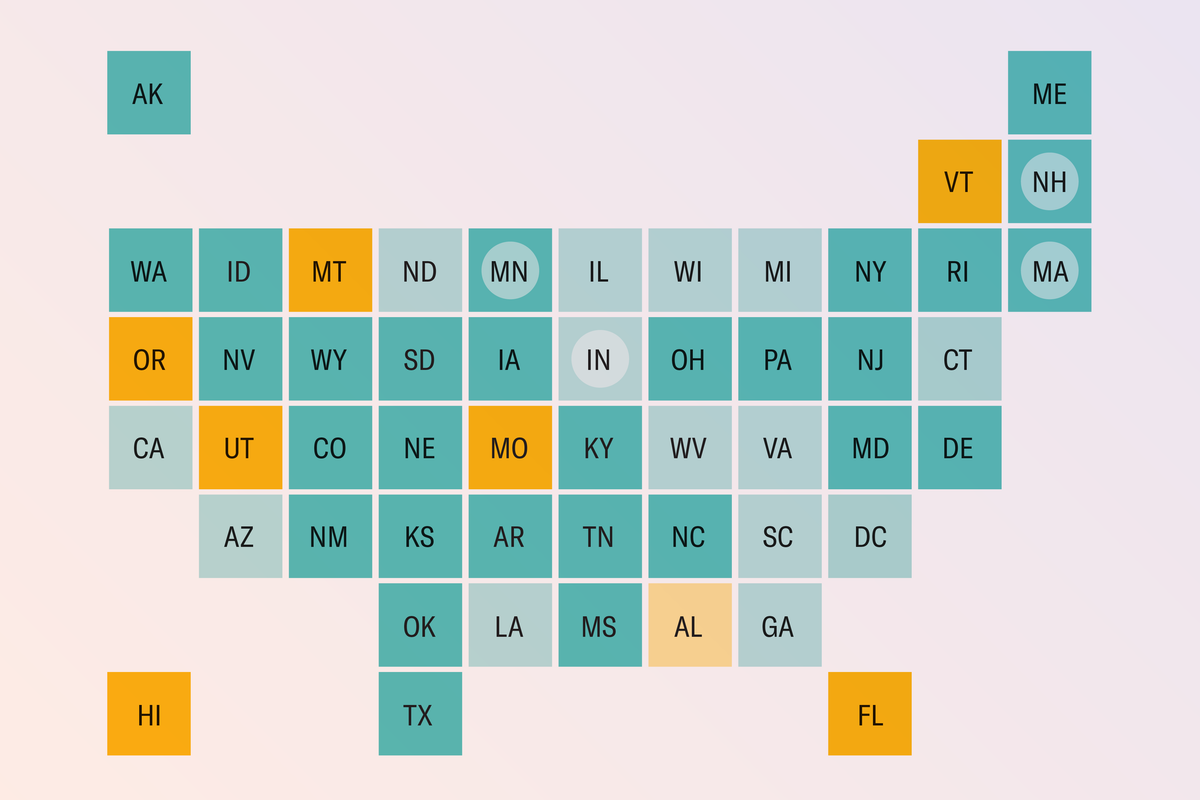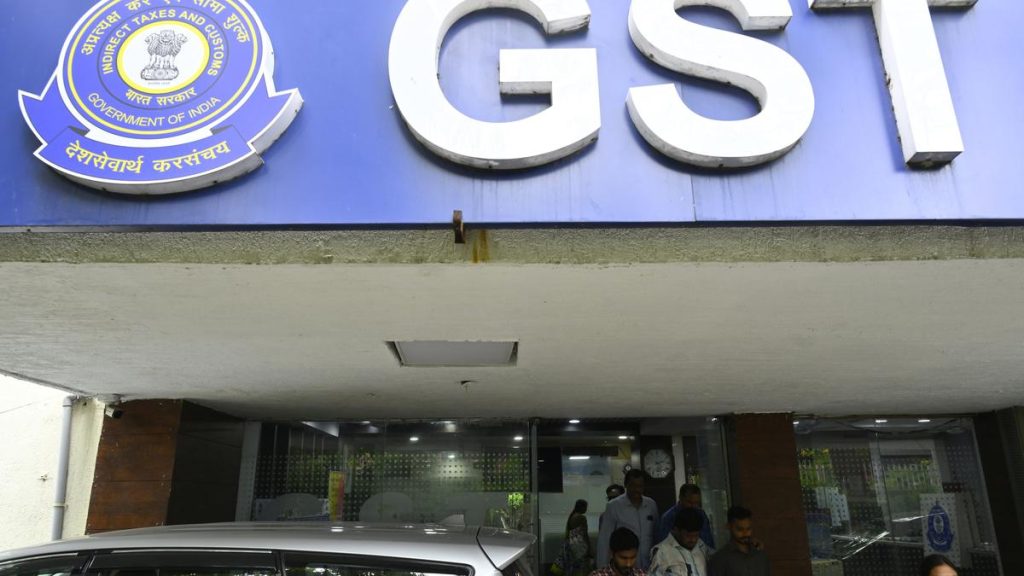Now Reading: COVID Vaccine Access: How States Differ Across India
-
01
COVID Vaccine Access: How States Differ Across India
COVID Vaccine Access: How States Differ Across India

Swift summary
- There is confusion over vaccine recommendations in the U.S., now largely passed to states due to federal policy changes under Secretary of Health and Human Services Robert F. kennedy, Jr.
- Kennedy removed the COVID vaccine from the CDC’s schedule for pregnant people and healthy children without consulting ACIP,a respected independent advisory body. He also fired all 17 ACIP members, replacing them with individuals alleged to have antivaccination views.
- The FDA has restricted access to COVID vaccines for 2025-2026,limiting eligibility to those aged 65+,or those with certain health conditions; others may face out-of-pocket costs or require prescriptions.
- States such as California, Oregon, Washington State, Hawaii (West coast Health Alliance) and northeastern states including New York and Massachusetts (Northeast Public Health Collaborative) are forming coalitions or issuing orders expanding vaccine coverage independently of federal guidance.
- Some states like Virginia allow pharmacists to administer COVID vaccines directly; others like Florida are shutting down mRNA-based COVID vaccination options entirely.
- This fragmented approach could create inconsistencies in vaccine access across states while increasing risks of outbreaks due to misaligned policies.
Indian Opinion Analysis
The ongoing challenges in U.S. vaccine policy highlight potential parallels for India’s public health systems regarding centralized versus decentralized decision-making frameworks. India’s experiences with instituting national immunization programs offer critical lessons on maintaining uniformity and trust across diverse populations-both lessons that seem highly relevant given the chaos unfolding in America.
For india’s policymakers observing these developments globally, clarity around evidence-based recommendations is essential for fostering trust among citizens while mitigating risks associated with politicized health policies.In this context, maintaining centralized oversight from expert panels like India’s National Technical Advisory Group on Immunization (NTAGI) ensures stability amid evolving healthcare landscapes.
Moreover, implications tied to state-led coalitions or fragmented approaches hold cautionary value: inconsistent regional implementation undermines broader national goals like equitable access and herd immunity-a challenge that can resonate particularly strongly within resource-variable regions across India if not managed carefully.


























